“They Did Obey . . . Every Word of Command with Exactness”
Alma 53–63
LDS manual: here
Purpose
To encourage readers to throw off intellectual docility and employ critical thinking.
Reading
We’re finally to the end of Alma!

For this reading, we continue with the Lamanite/Nephite wars. But now we get a new set of characters: 2,000 young men who were descended from the pacifist Ammonites, but who had never taken an oath of pacifism themselves. That’s right folks: it’s the Stripling Warriors!
Alma 53:22 And now it came to pass that Helaman did march at the head of his two thousand stripling soldiers, to the support of the people in the borders of the land on the south by the west sea.
“Stripling”? I don’t think I’ve ever strippled in my life.
But of course this is an old word.
stripling (n.)
“a youth,” late 14c., of uncertain origin, possibly from strip (n.1) “long, narrow piece,” on the notion of “one who is slender as a strip, whose figure is not yet filled out” + -ling.
Curiously, the phrase “stripling warrior” never occurs in the Book of Mormon. It’s only “stripling soldiers” (as in the above instance), and “stripling Ammonites”:
Alma 56:57 And as we had no place for our prisoners, that we could guard them to keep them from the armies of the Lamanites, therefore we sent them to the land of Zarahemla, and a part of those men who were not slain of Antipus, with them; and the remainder I took and joined them to my stripling Ammonites, and took our march back to the city of Judea.
No, not those Ammonites.

Anyway, these young soldiers did very well, and how could they not, when they’re buffed up like this?
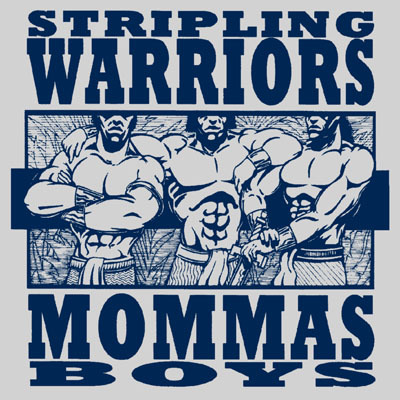
Nothing homoerotic about that.
There’s a lot of back and forth with taking cities and whatnot. I thought it was interesting that wine doesn’t seem to be a problem for the righteous Nephites. They’re happy to imbibe — as long as a Lamanite tests it first for poison.
Alma 55:28 And it came to pass that the Nephites began again to be victorious, and to reclaim their rights and their privileges.
55:29 Many time did the Lamanites attempt to encircle them about by night, but in these attempts they did lose many prisoners.
55:30 And many times did they attempt to administer of their wine to the Nephites, that they might destroy them with poison or with drunkenness.
55:31 But behold, the Nephites were not slow to remember the Lord their God in this their time of affliction. They could not be taken in their snares; yea, they would not partake of their wine, save they had first given to some of the Lamanite prisoners.
55:32 And they were thus cautious that no poison should be administered among them; for if their wine would poison a Lamanite it would also poison a Nephite; and thus they did try all their liquors.
There’s some pathetic Paulean plagiarism.
Alma 58:40 But behold, they have received many wounds; nevertheless they stand fast in that liberty wherewith God has made them free; and they are strict to remember the Lord their God from day to day; yea, they do observe to keep his statutes, and his judgments, and his commandments continually; and their faith is strong in the prophecies concerning that which is to come.
Galatians 5:1 Stand fast therefore in the liberty wherewith Christ hath made us free, and be not entangled again with the yoke of bondage.
Hagoth
And then there’s this story about a curious man called Hagoth.
Alma 63:5 And it came to pass that Hagoth, he being an exceedingly curious man, therefore he went forth and built him an exceedingly large ship, on the borders of the land Bountiful, by the land Desolation, and launched it forth into the west sea, by the narrow neck which led into the land northward.
63:6 And behold, there were many of the Nephites who did enter therein and did sail forth with much provisions, and also many women and children; and they took their course northward. And thus ended the thirty and seventh year.
63:7 And in the thirty and eighth year, this man built other ships. And the first ship did also return, and many more people did enter into it; and they also took much provisions, and set out again to the land northward.
63:8 And it came to pass that they were never heard of more. And we suppose that they were drowned in the depths of the sea. And it came to pass that one other ship also did sail forth; and whither she did go we know not.
Hagoth never appears in the narrative again, but Mormon tradition holds that he and his crew made it to the Pacific islands, and became the ancestors of the Polynesians.
The idea was taught by President Joseph F. Smith, who told a group of New Zealand Maoris:
“I would like to say to you brothers and sisters… you are some of Hagoth’s people, and there is NO PERHAPS about it!”
And also:
In the April General Conference of 1962, Elder Mark E. Petersen of the Council of the Twelve said, “As Latter-day Saints, we have always believed that the Polynesians are descendants of Lehi and blood relatives of the American Indians, despite the contrary theories of other men.”
However, this view has been flatly contradicted by advances in genetics.
In an analysis of the DNA of 1,000 individuals from 41 Pacific populations, an international team of scientists found strong evidence showing that Polynesians and Micronesians in the central and eastern islands had almost no genetic relationship to Melanesians, in the western islands like Papua New Guinea and the Bismarck and Solomons archipelagos.
The researchers also concluded that the genetic data showed that the Polynesians and Micronesians were most closely related to Taiwan Aborigines and East Asians. They said this supported the view that these migrating seafarers originated in Taiwan and coastal China at least 3,500 years ago.
Simon Southerton’s been doing great work in this area.
Polynesians trace their molecular roots back to Asia. The first survey of Polynesian mitochondrial DNA found that most of the people they surveyed (90%) from the islands of Samoa, New Zealand, Niue, the Cook Islands, and Tonga had mitochondrial DNA belonging to the B lineage, which is common among Southeast Asians (Hertzberg et al. 1989).

What does this mean for the average Mormon?
I remember how, on my mission, many Samoan and Maori missionaries told great stories of how Hagoth dovetailed into the origin stories of their people, and this proved the Book of Mormon was true.
I wonder how they feel upon learning that they’d been sold a bizarro-world alternative narrative about their heritage.
Probably not great.
As a Māori woman I’m called upon to carefully navigate the terrain of my religion, my intellectual pursuits, and my cultural identity and none of them are a neat fit. As I resist the popular representations of my religious tradition I risk rendering myself a ‘spiritual’ outsider by neglecting or even challenging what has become a sacred and beloved account of my origins. The hardest part of this is that the centre is oblivious to the tensions their historical pronouncements have created. Nobody can hold them to account for the pronouncements and they simply don’t have a ‘those guys were wrong’ or ‘perhaps they spoke hastily’ in their religious vernacular.
Main ideas for this lesson
Exactness
Mormonism is a very demanding religion. There’s a lot to do (especially as wards *ahem* empty out). And take a look at how the church uses the Book of Mormon to pile on. This one’s from the Gospel Doctrine manual.
• How did the young Ammonites respond to the commands they received? (See Alma 57:21. Write on the chalkboard Follow the prophet “with exactness.”) Why is it important to be exactly obedient to the teachings of the Lord’s prophet? (See the quotation on the next page.) What are some specific things we must do today to follow the prophet “with exactness”?
My heart sinks when I read something like this, because I remember the pressure of having to do everything “with exactness”. You can try your hardest to be exact, but you can always be exacter.
Ask: What function might this have for the church?
I can think of two possible answers:
1. Being scrupulous in religious practice is very time-consuming! So demanding exactness from members can be a way of keeping them so busy that they don’t have time to think about what they’re doing.
2. With intense effort comes the expectation of some kind of benefit. But the promised blessings of the Mormon gospel are empty. So how could one explain the failure of promised blessings to eventuate? Simple: you weren’t exact enough.
The demand for exactness is actually an out-clause for failed promises of blessings. How many times has this conversation happened?
Member: Bishop, I’m just not getting anything in my spiritual life.
Bishop: Well, are you reading the scriptures? Paying tithing? Serving in your callings?
Member: Yes, all those things.
Bishop: Saying prayers? Having Family Home Evening?
Member: Yes.
Bishop: Home teaching?
Member: I could be doing better on home teaching.
Bishop: Well, there you have it.
And if it weren’t home teaching, it could be any other of a number of things one isn’t doing “with exactness”. This is especially difficult when doctrines are unclear or ambiguous.
Ask: What psychological effect does this demand for exactness have on members?
There are a lot of ex-Mormon boards that treat this topic, but we don’t even have to go that far. Check out the Amazon reviews for a horrendous little book called The Not Even Once Club.
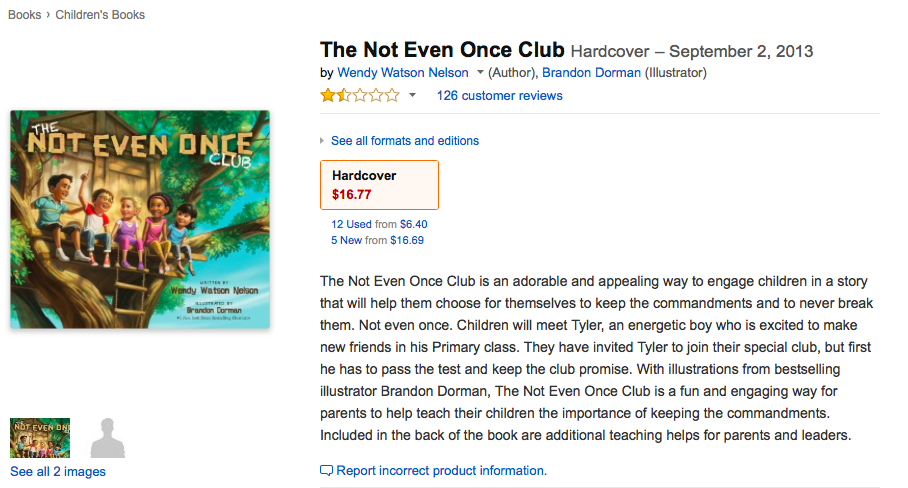
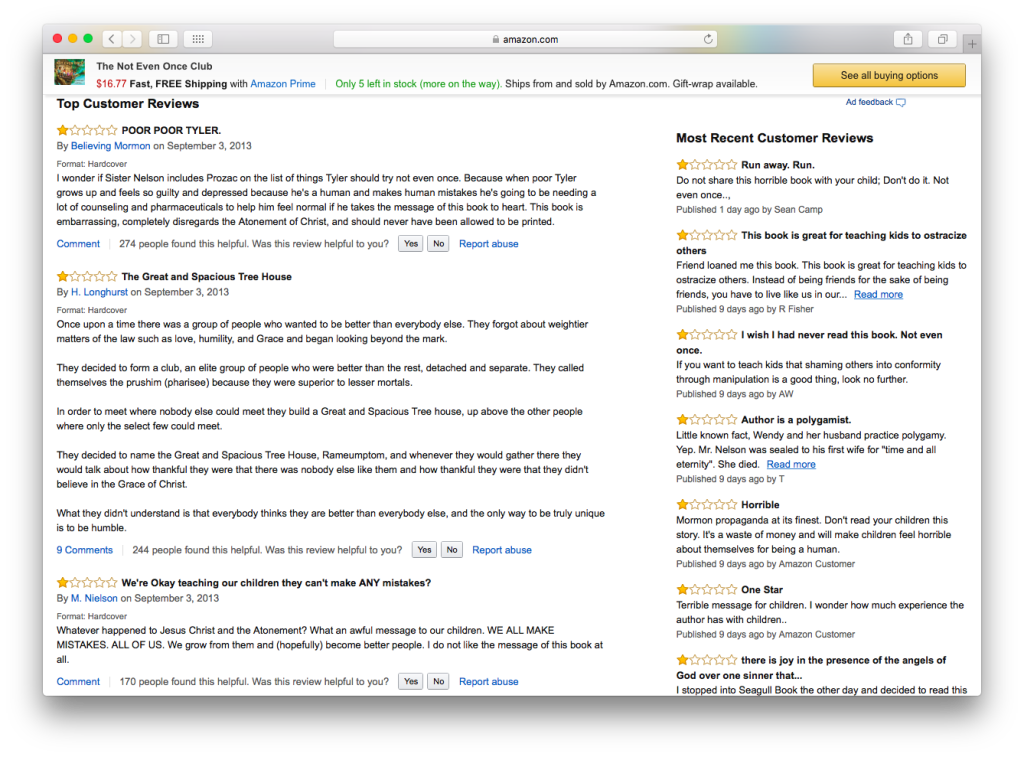
It actually gets worse. Here’s another quote from the Gospel Doctrine manual.
President Harold B. Lee taught:
“The power of Satan will increase; we see it in evidence on every hand. . . .
“Now the only safety we have as members of this church is to do exactly what the Lord said to the Church in that day when the Church was organized. We must learn to give heed to the words and commandments that the Lord shall give through his prophet, ‘as he receiveth them, walking in all holiness before me; . . . as if from mine own mouth, in all patience and faith.’ (D&C 21:4–5.) There will be some things that take patience and faith. You may not like what comes from the authority of the Church. It may contradict your political views. It may contradict your social views. It may interfere with some of your social life. But if you listen to these things, as if from the mouth of the Lord himself, with patience and faith, the promise is that ‘the gates of hell shall not prevail against you; yea, and the Lord God will disperse the powers of darkness from before you, and cause the heavens to shake for your good, and his name’s glory.’ (D&C 21:6.)” (in Conference Report, Oct. 1970, 152; or Improvement Era, Dec. 1970, 126).
Ask: According to President Lee, what should you do if there’s a conflict between your political or social views, and those held by elderly men in Salt Lake City?
Ask: Is it right for someone to tell us what to think? If someone claims this right over you, how should you respond?
Benign misogyny
Whenever there’s a discussion of the “stripling soldiers” in Alma, the topic of motherhood comes up. That’s because of this scripture:
Alma 56:47 Now they never had fought, yet they did not fear death; and they did think more upon the liberty of their fathers than they did upon their lives; yea, they had been taught by their mothers, that if they did not doubt, God would deliver them.
56:48 And they rehearsed unto me the words of their mothers, saying: We do not doubt our mothers knew it.
That’s right — these soldiers learned it from their mothers. And that means — according to elderly men in Utah — that mothers should be primarily responsible for the home, and not taking an equal role in the workplace or the church or anything.
To emphasize the influence that mothers can have on their children, you may want to read the following statement by President Spencer W. Kimball:
“To be a righteous woman during the winding-up scenes on this earth, before the Second Coming of our Savior, is an especially noble calling. The righteous woman’s strength and influence today can be tenfold what it might be in more tranquil times. She has been placed here to help to enrich, to protect, and to guard the home—which is society’s basic and most noble institution. Other institutions in society may falter and even fail, but the righteous woman can help to save the home, which may be the last and only sanctuary some mortals know in the midst of storm and strife” (The Teachings of Spencer W. Kimball, ed. Edward L. Kimball [1982], 326–27).
Ask: If you were a female in the LDS Church, were you advised to stay in the home, and define yourselves mostly in relation to men? Did this factor into your life’s choices? How do you feel about this now? Please let us know in comments.
Again, from the lesson manual:
• The young soldiers did not doubt their mothers’ testimonies (Alma 56:48). Why is it important for children to know the strength and certainty of their parents’ testimonies? In what ways can parents share their testimonies with their children?
I don’t know about you, but I’m not encouraging my kids to simply believe anything I say! After all, I could be wrong. (And I tell them this.) Instead, I encourage them to find out new things, tell me about them, and then we can evaluate them together using principles of rationality.

Ask: What traits are encouraged when we place value on belief without evidence?
Answers: Intellectual docility, subservience to authority, reliance on others.
Ask: Why is it important to doubt the testimony of others?
Answer: Testimonial evidence is among the worst kinds of evidence.
This also goes for anecdotal evidence.
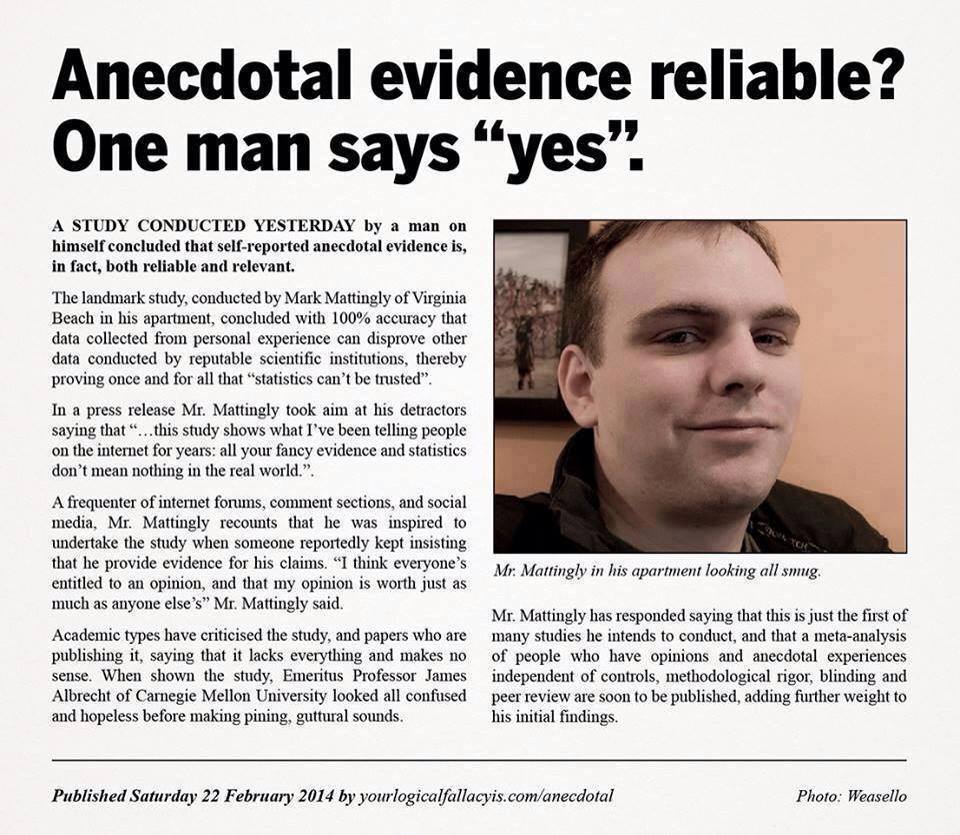
But in reality…
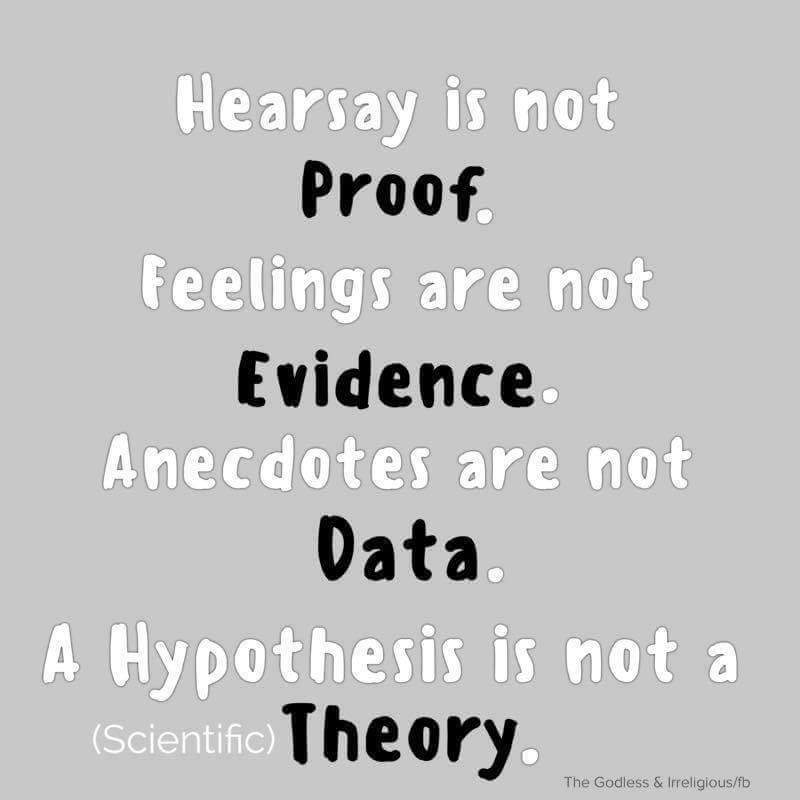
Executions
There’s something altogether dark going on in the Nephite world. There are two factions: the so-called “king-men” led by Pachus, and the so-called “free-men” led by Moroni.
In most political conflicts, no side is completely right or wrong. But we work together to achieve consensus through debate and negotiation.
War has a way of changing that, though. When there’s a crisis, clear thinking is the first thing to go. Here’s what happens in this instance.
Alma 62:7 And it came to pass that Moroni and Pahoran went down with their armies into the land of Zarahemla, and went forth against the city, and did meet the men of Pachus, insomuch that they did come to battle.
62:8 And behold, Pachus was slain and his men were taken prisoners, and Pahoran was restored to his judgment-seat.
62:9 And the men of Pachus received their trial, according to the law, and also those king-men who had been taken and cast into prison; and they were executed according to the law; yea, those men of Pachus and those king-men, whosoever would not take up arms in the defence of their country, but would fight against it, were put to death.
62:10 And thus it became expedient that this law should be strictly observed for the safety of their country; yea, and whosoever was found denying their freedom was speedily executed according to the law.
62:11 And thus ended the thirtieth year of the reign of the judges over the people of Nephi; Moroni and Pahoran having restored peace to the land of Zarahemla, among their own people, having inflicted death upon all those who were not true to the cause of freedom.
This may have been a case of sedition — or it could have been an opportunity for Moroni to murder his political opponents.
What’s really worrying is that this episode of state-sanctioned murder comes from a character who, for Mormons, is a spiritual hero. How are Latter-day Saints to hold the political ideas of others in any regard, when political discourse is reduced to such black-and-white terms?
Additional lesson ideas
Pronouns in the Book of Mormon
Latter-day Saints say that the Book of Mormon is “the most correct book” of any. In fact, it is not even a correct book. It gets so many things wrong. This is very clear in its use of language.
Joseph Smith (or whoever wrote the Book of Mormon) opted for an archaic way of speaking that hadn’t been in common use for over a hundred years. This means that Smith (or whoever) was writing pronouns that he wasn’t familiar with.
Pronouns are a shorter way to refer to people or things. I don’t have to say Daniel every time Daniel wants to refer to Daniel. I can just say I or me.
But enough about me; let’s talk about you. Or rather, thou.
Thou is a pronoun that’s changed a lot. In Old English days, before 1066, there were two ways of referring to you: you could use thou for one person, and you for more than one.
However, from about 1450 to 1650, thou was reanalysed as a familiar pronoun. You was formal and polite.
Then by about 1650, people simply stopped saying thou. Its use seemed antiquated, and people came to think of it as formal, as we do today.
So what about you and ye?
In Shakespeare’s time, in the early 1600s, ye was for the subjects of sentences and you was for objects. So it was correct to say:
Ye shall know the truth and the truth shall make you free.
But this usage evaporated at about the same time that thou didst. Er… did.
Just to make things even more confusing, ye has at times been plural for you, but let’s keep it simple for now.
All of this would have been lost on someone from Joseph Smith’s time, where thou had mostly disappeared, and the you/ye distinction was no longer a thing. And that means that whoever wrote the Book of Mormon made a terrible hash of the pronouns. Let’s take a look at scriptures from this lesson. I’ll put a ✔ or a ✘ after each on to show the correct or incorrect usage.
Alma 54:5 Behold, Ammoron, I have written unto you ✔ somewhat concerning this war which ye ✔ have waged against my people, or rather which thy ? brother hath waged against them, and which ye ✔ are still determined to carry on after his death.
Here, ye and you are in place, but why did Moroni switch from you to thou? Did he think your brother didn’t sound as good as thy brother?
Alma 54:8 But as ye ✔ have once rejected these things, and have fought against the people of the Lord, even so I may expect you ✘ will do it again.
Whoops — wrong you!
Alma 54:10 But, as the Lord liveth, our armies shall come upon you except ye ✔ withdraw, and ye ✔ shall soon be visited with death, for we will retain our cities and our lands; yea, and we will maintain our religion and the cause of our God.
54:11 But behold, it supposeth me that I talk to you ✔ concerning these things in vain; or it supposeth me that thou ? art a child of hell; therefore I will close my epistle by telling you ✔ that I will not exchange prisoners, save it be on conditions that ye ✔ will deliver up a man and his wife and his children, for one prisoner; if this be the case that ye ✔ will do it, I will exchange.
Again, why the switch to thou?
Alma 56:4 Now I need not rehearse unto you ✔ concerning their traditions or their unbelief, for thou ? knowest concerning all these things —
Another inexplicable switch to thou.
There’s a lot more here in this Reddit thread.
All of this is understandable if the Book of Mormon was simply written in the 1800s. However, if someone believes that the words in the Book of Mormon were dictated word for word by reading off of a stone in a hat, they have some explaining to do.
There are other examples of inaccurate grammar elsewhere in the Book of Mormon.
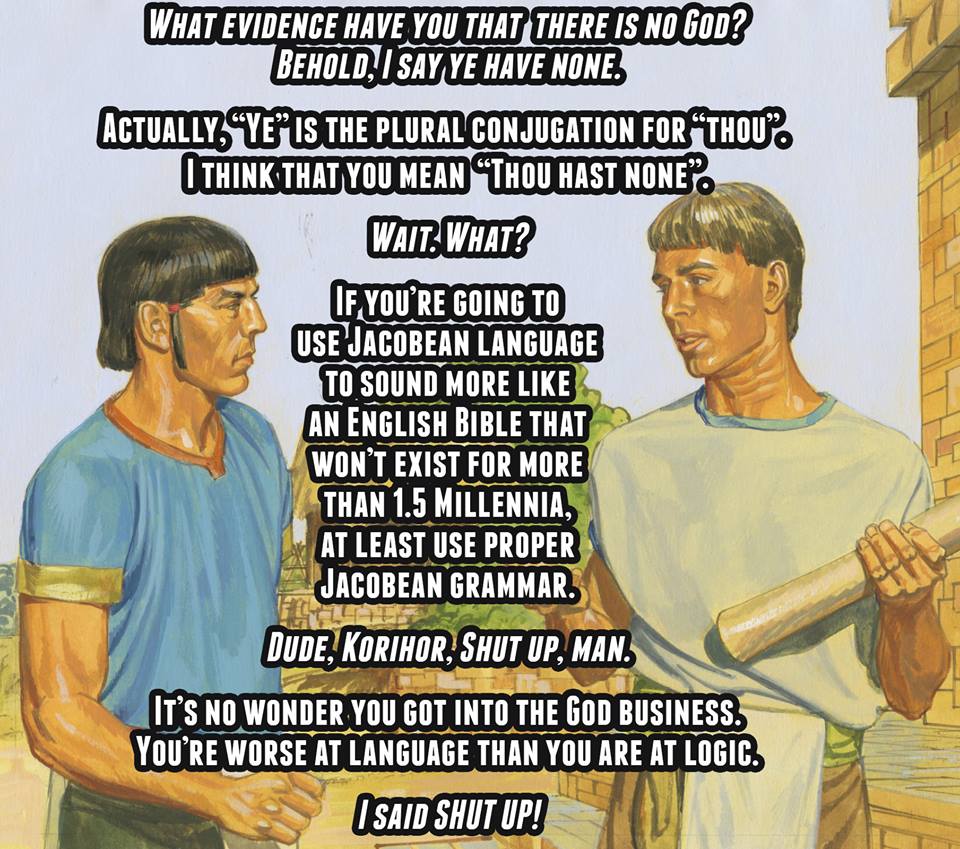
And that’s not even mentioning the odd grammar for our time.
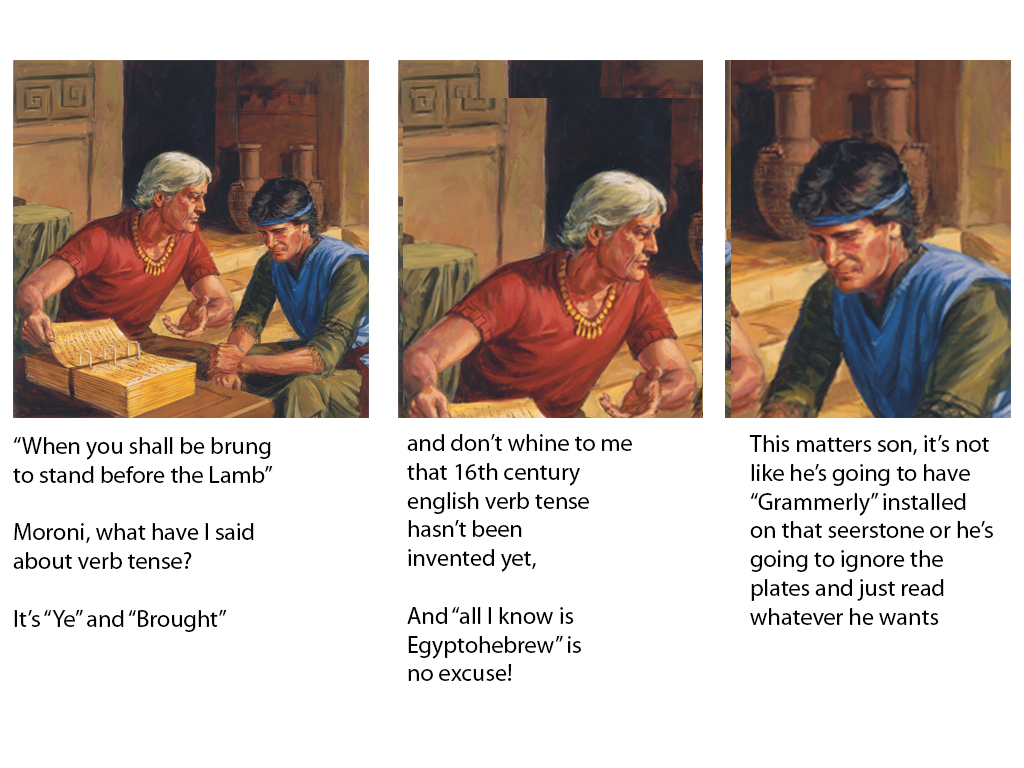
The scriptures tell us that the Lord speaks after the manner of our understanding. Unfortunately, even his understanding of our language is wonky. He doesn’t speak after the manner of our language; he speaks in a stilted and inaccurate form of Jacobean English.
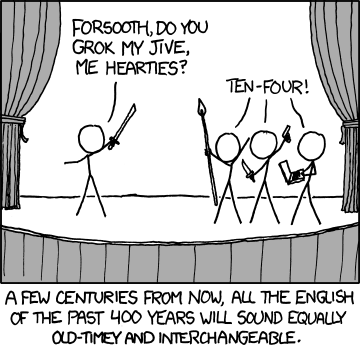
And what’s more absurd, he expects US to use it back. Dallin Oaks made a big deal about using the “special language of prayer”.
Modern English has no special verbs or pronouns that are intimate, familiar, or honorific. When we address prayers to our Heavenly Father in English, our only available alternatives are the common words of speech like you and your or the dignified but uncommon words like thee, thou, and thy which were used in the King James Version of the Bible almost five hundred years ago. Latter-day Saints, of course, prefer the latter. In our prayers we use language that is dignified and different, even archaic.
Brothers and sisters, the special language of prayer is much more than an artifact of the translation of the scriptures into English. Its use serves an important, current purpose. We know this because of modern revelations and because of the teachings and examples of modern prophets. The way we pray is important.
Surely if there is a god who’s concerned with humanity, he has better things to do than expect us to speak to him in English archaisms.
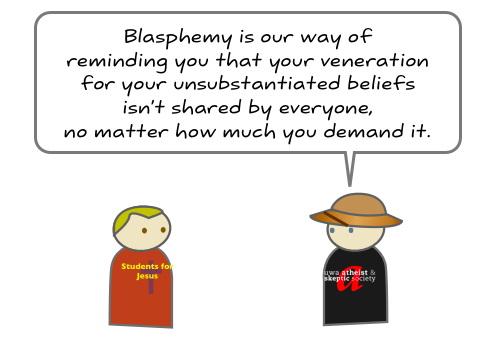

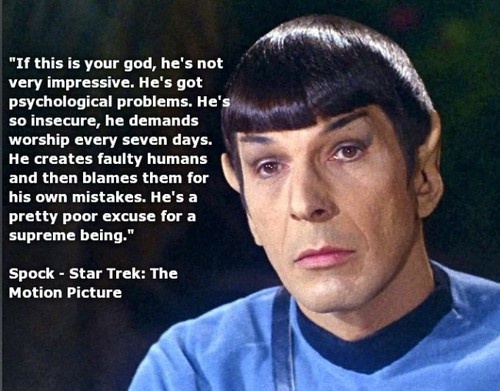
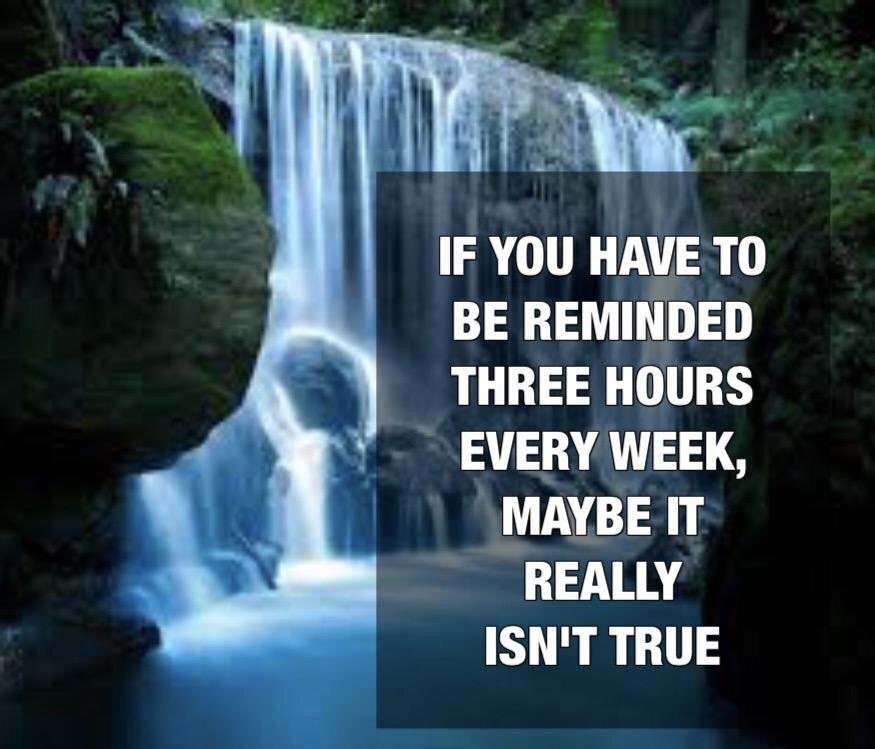
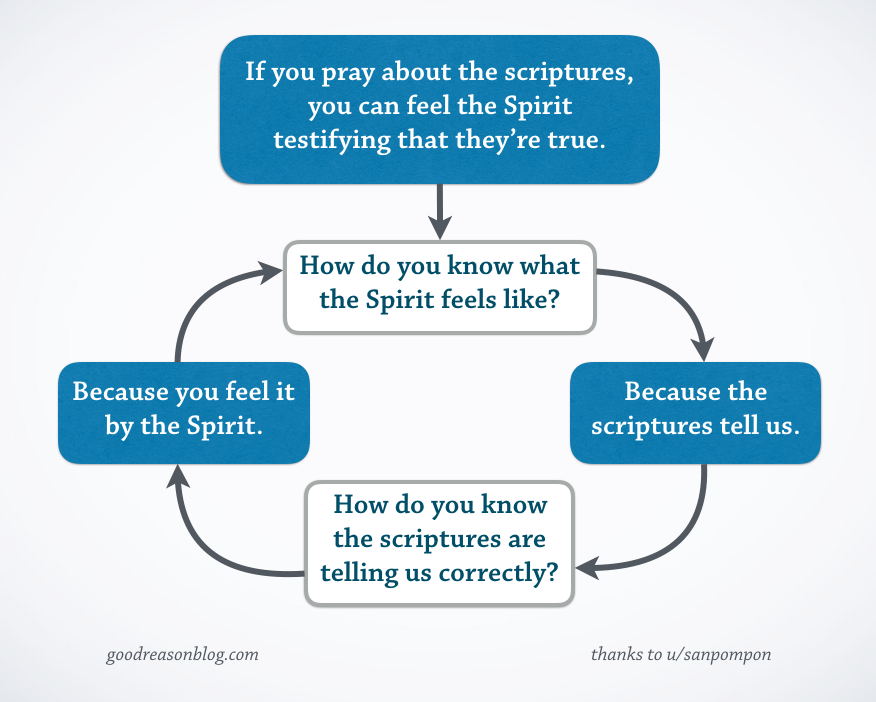

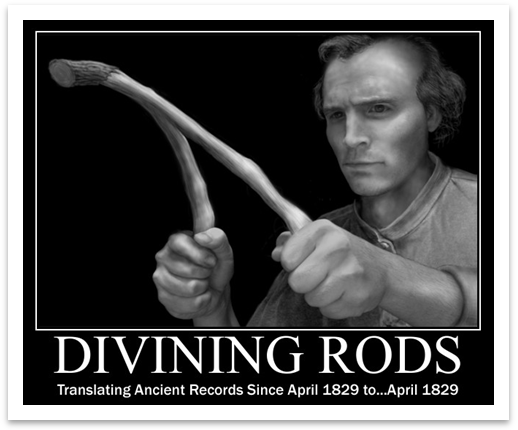 Maybe that’s because divining rods are complete rubbish. People still use them to try to find water, but no one can do it under controlled conditions. They do try, though. And fail.
Maybe that’s because divining rods are complete rubbish. People still use them to try to find water, but no one can do it under controlled conditions. They do try, though. And fail.












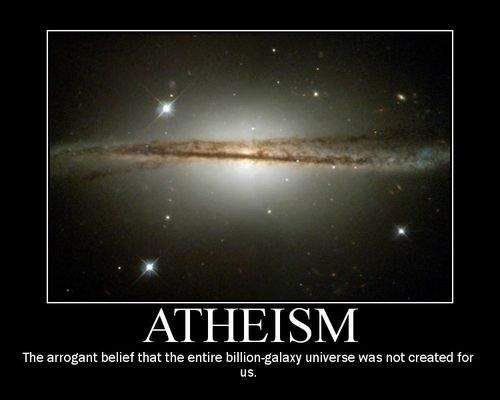
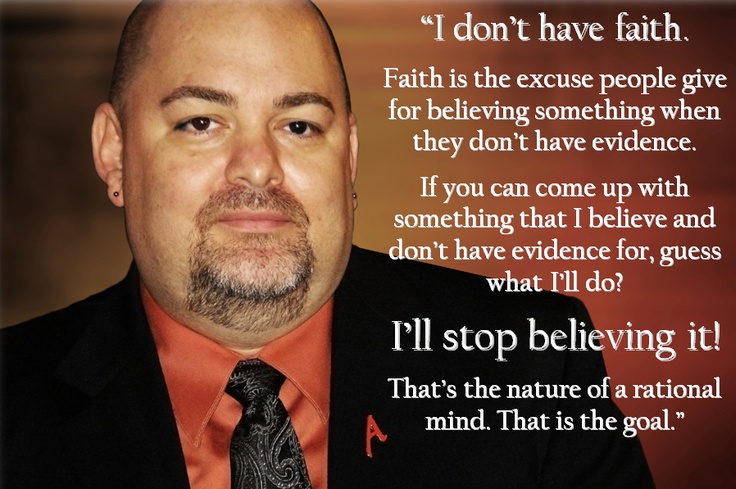


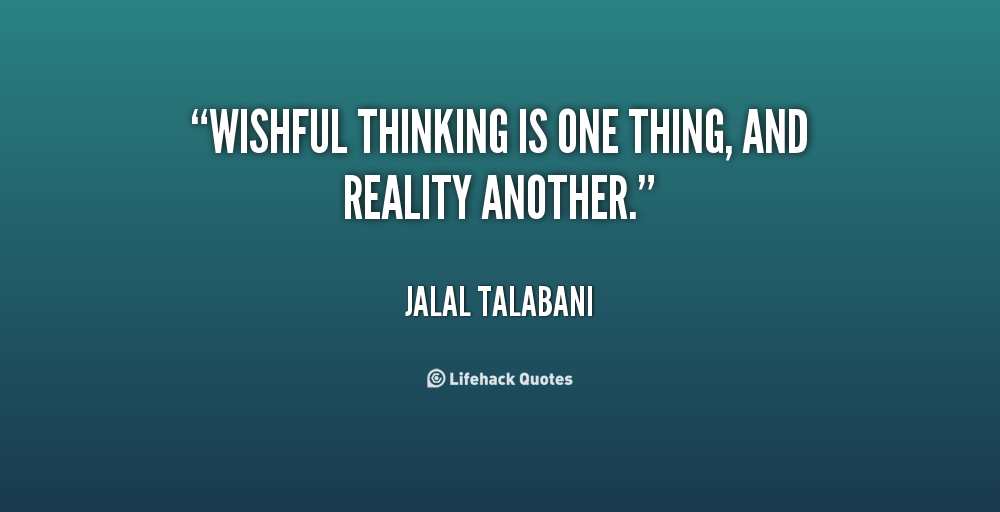
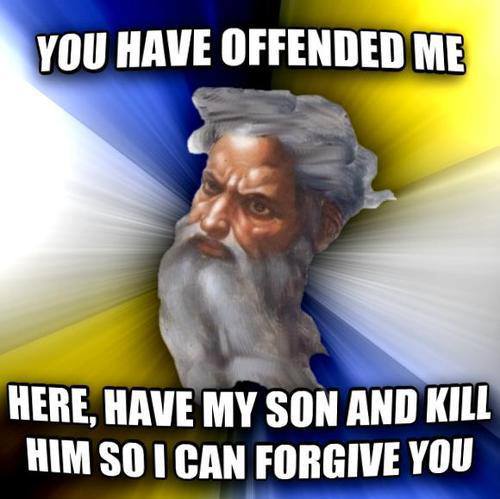

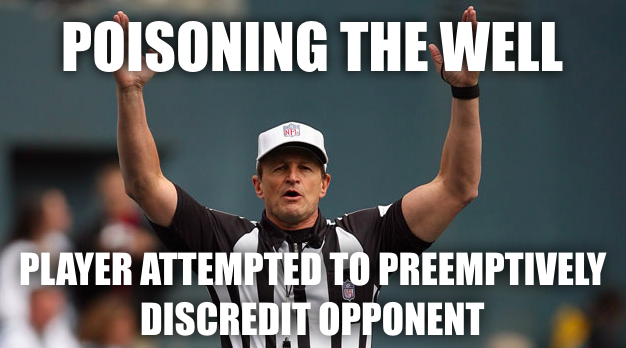






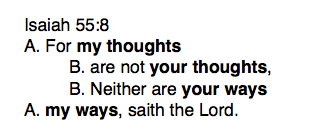
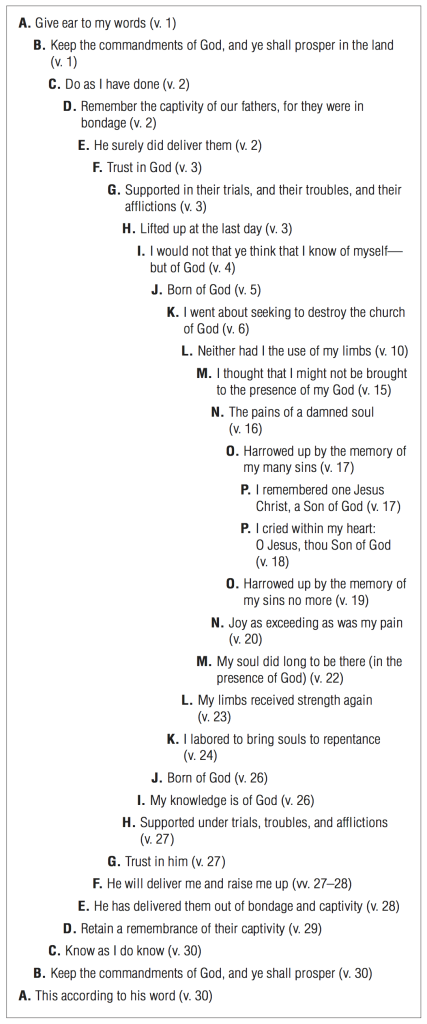


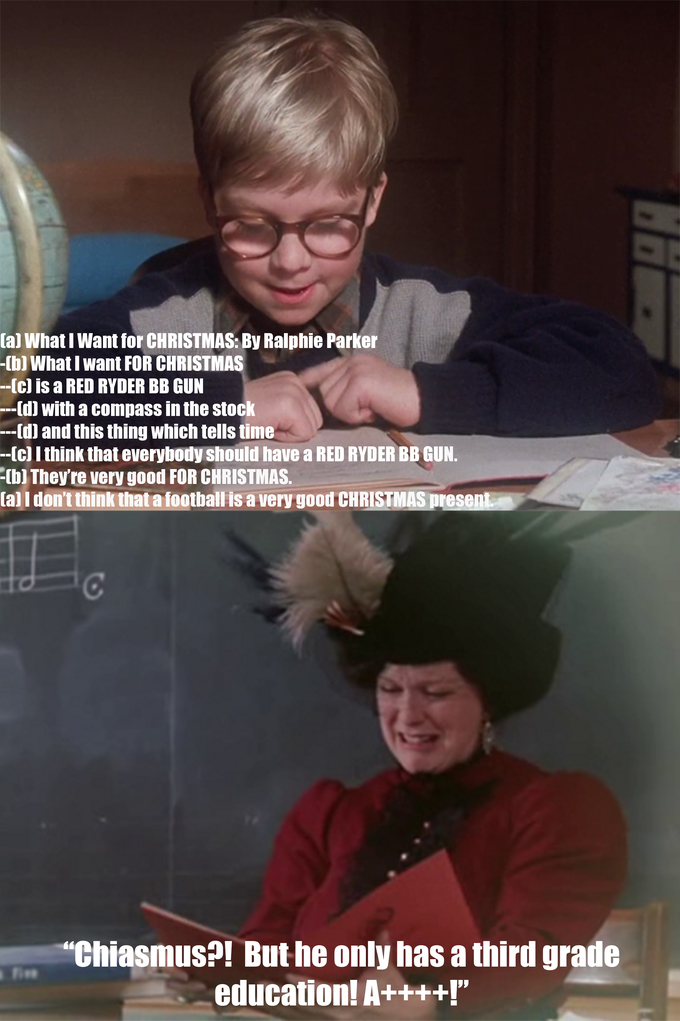
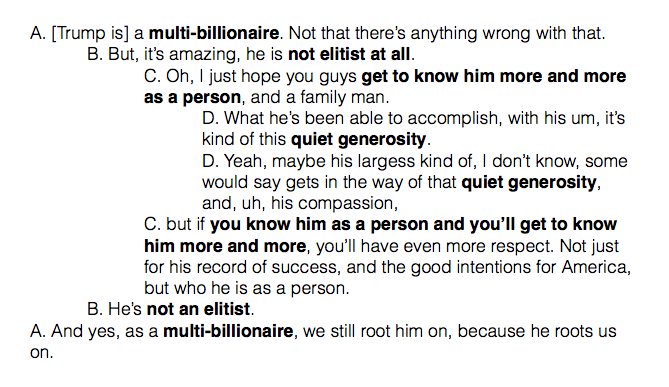
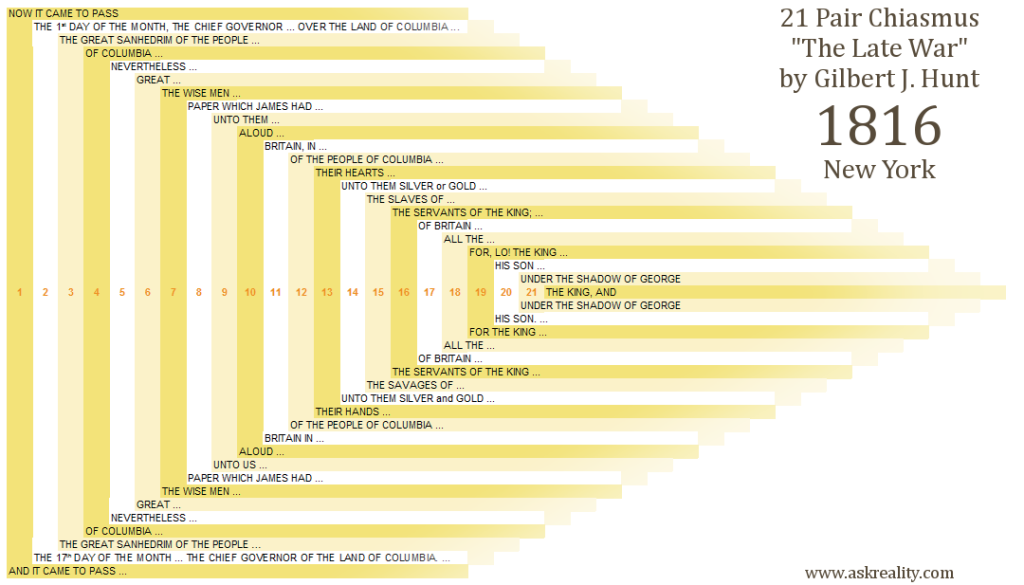
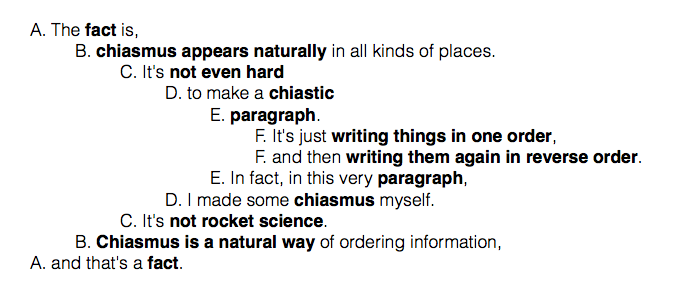
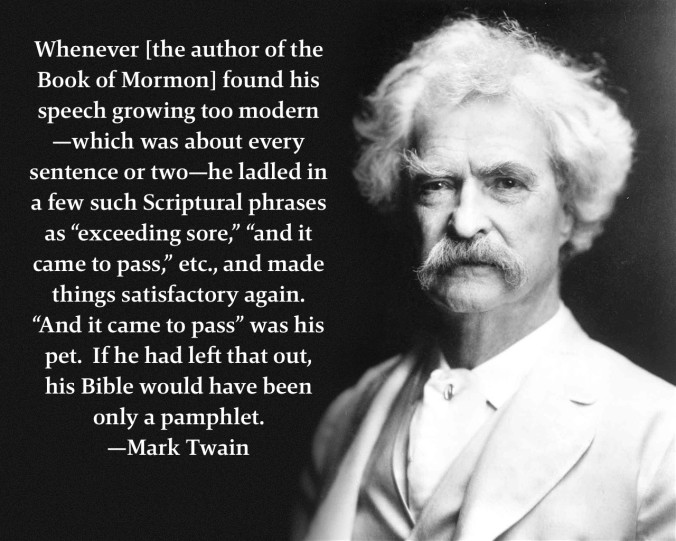
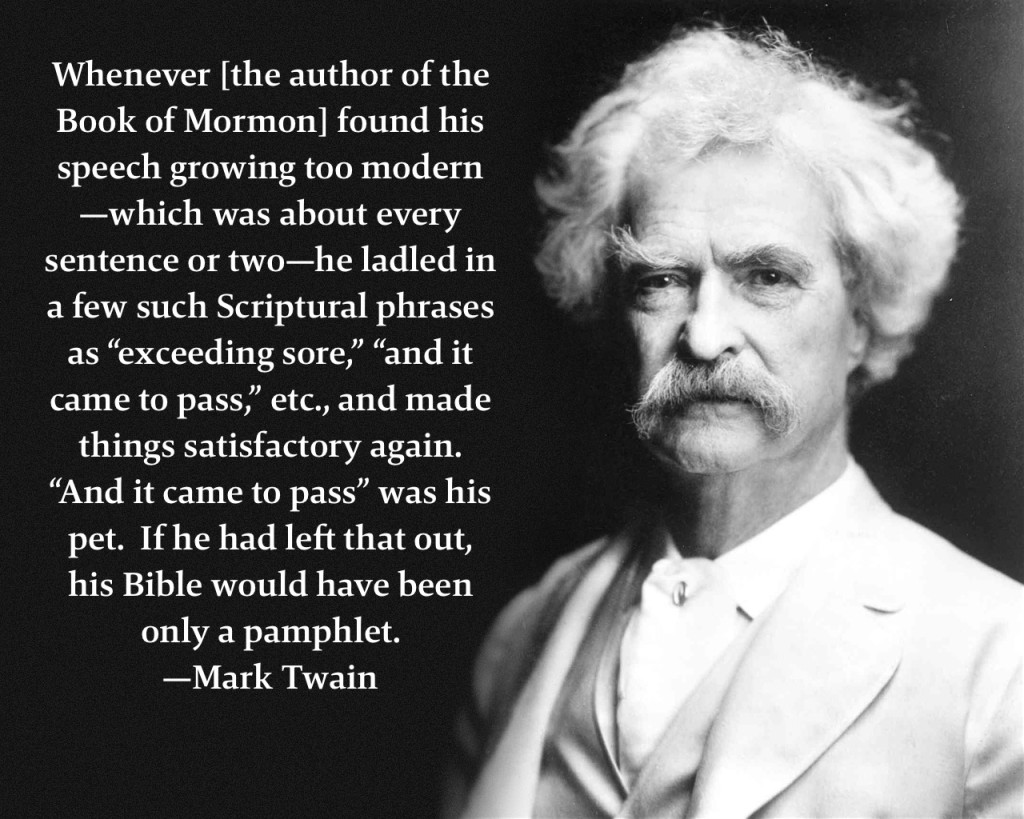
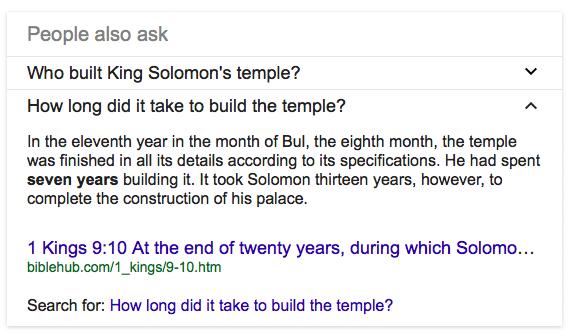

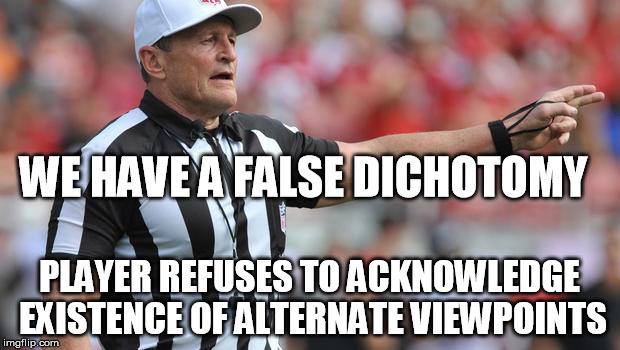



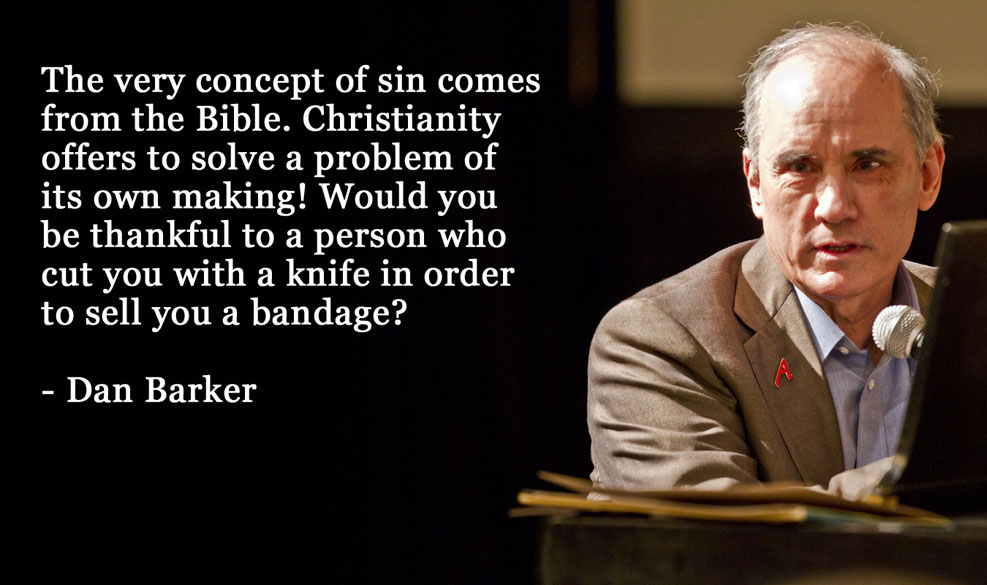



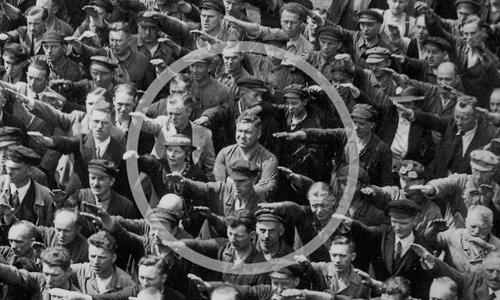
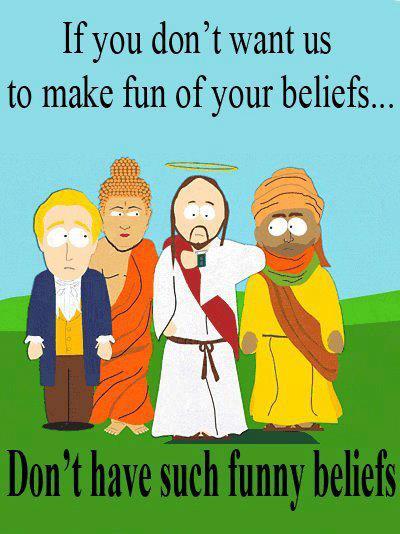
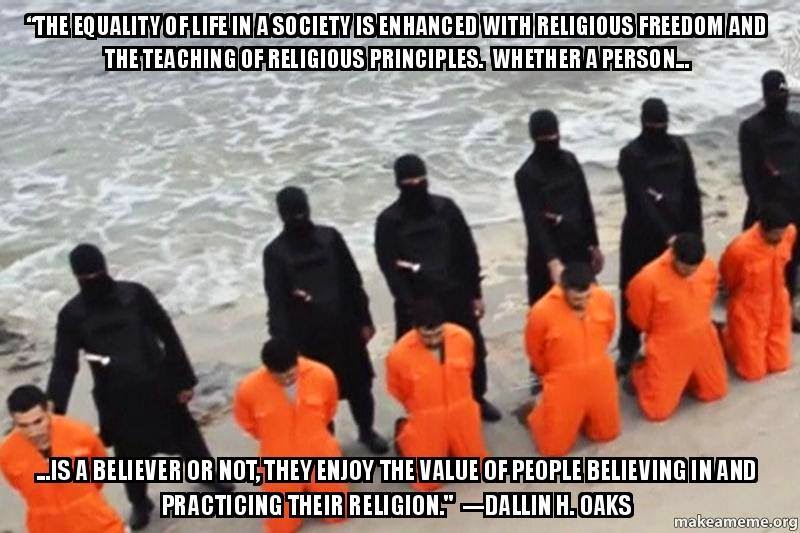
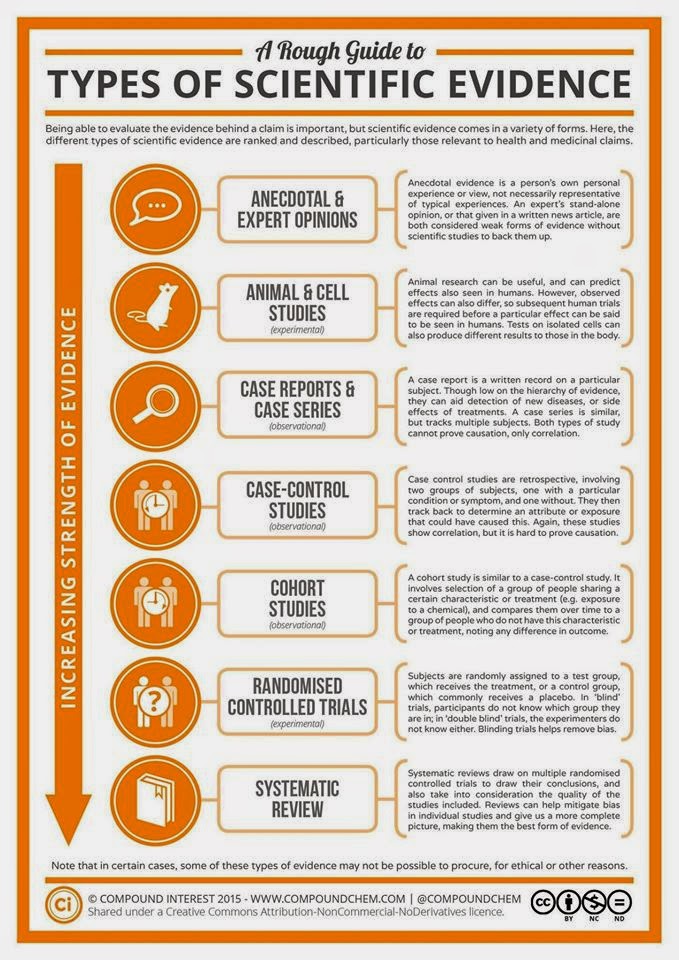
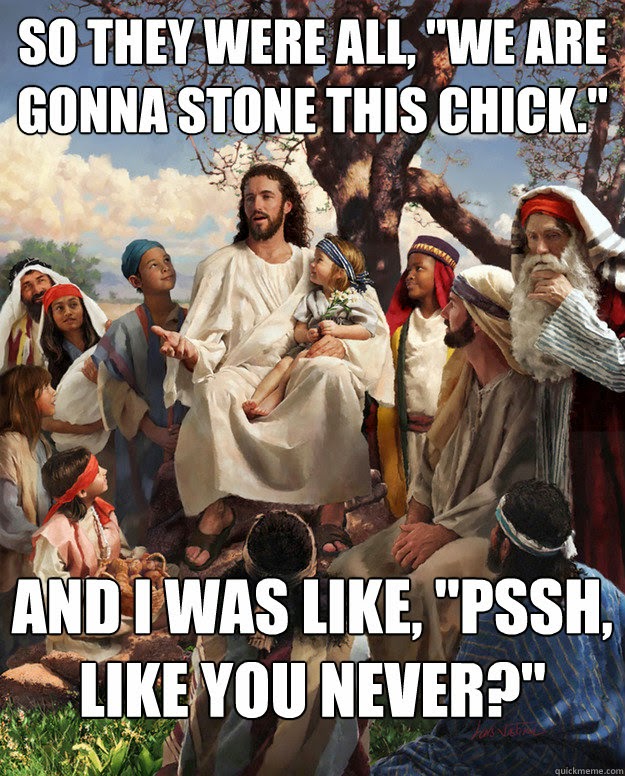
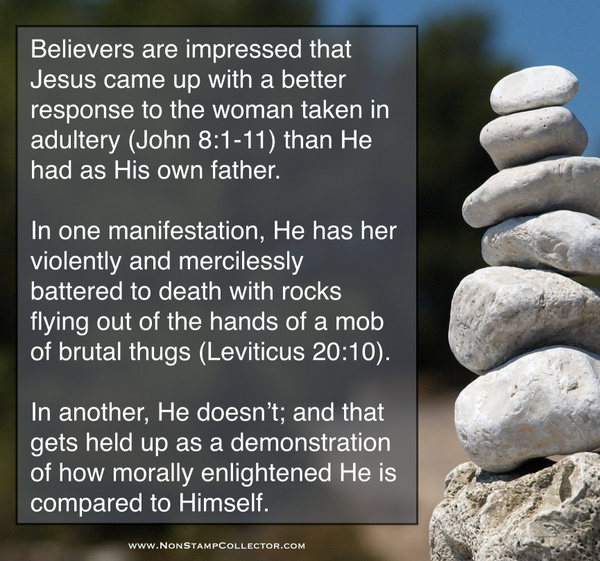
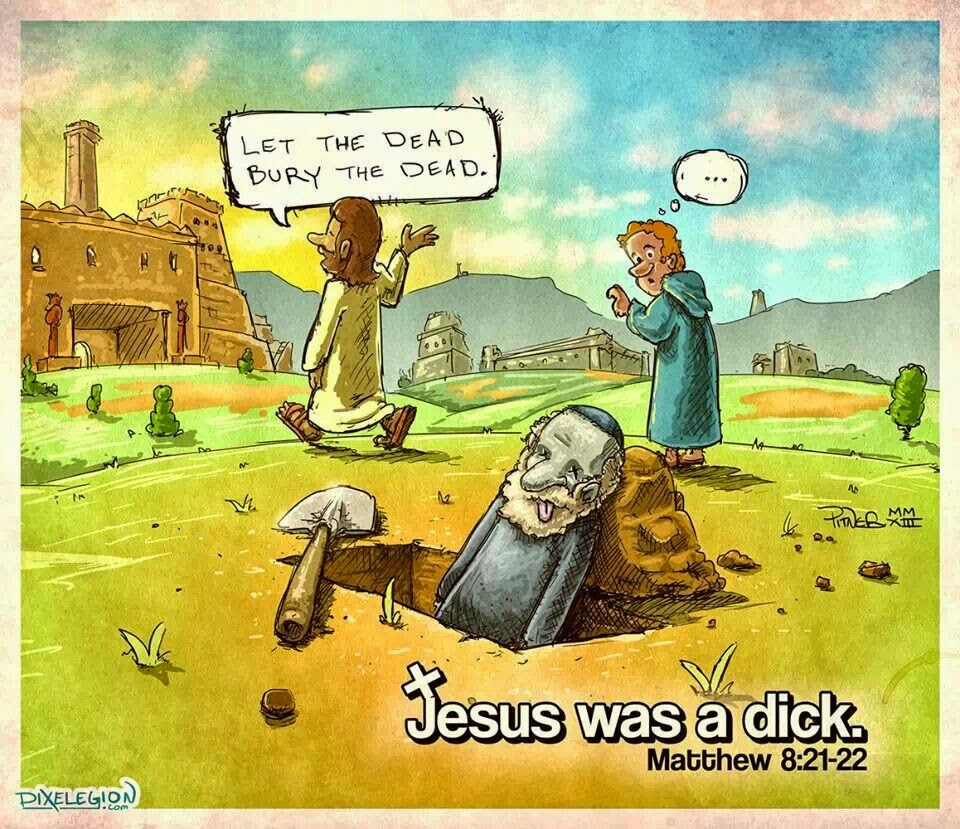


Recent Comments